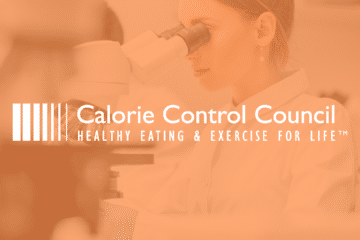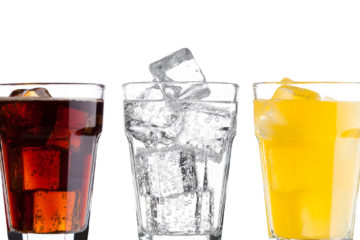

A study published in the British Medical Journal entitled, “Artificial Sweeteners and Risk of Cardiovascular Diseases: Results from the Prospective NutriNet-Santé Cohort” sought to evaluate the association between low- and no-calorie sweetener intake and cardiovascular disease risk. The study authors report an association between sweetener intake and increased risk of...
Read More
The recent publication by Rios-Leyvraz and Montez, entitled “Health effects of the use of non-sugar sweeteners – a systemic review and met-analysis,” serves as an update to the 2019 systematic review by Toews, et al. and attempts to address inherent health effects of non-sugar sweeteners (NSS) as well as those...
Read More
The study entitled, “Artificial Sweeteners and Cancer Risk: Results from the NutriNet-Sante´ Population-Based Cohort Study,” attempted to evaluate any association between low- and no-calorie sweetener (LNCS) intake and cancer risk. However, the reported findings of this study are in contradiction to the totality of evidence and the numerous global health...
Read More
(Download) McGlynn ND, Khan TA, Wang L, et al. JAMA Network Open. 2022;5(3):e222092. doi:10.1001/jamanetworkopen.2022.2092 A recent review published in JAMA Network Open examined the association of low- and no-calorie sweetened beverages (LNCSBs) with body weight and cardiometabolic risk factors in adults with and without diabetes. Recent trials and reviews have...
Read More
By Dr. Berna Magnuson Introduction Low- and no-calorie sweeteners (LNCS) are widely approved for use in foods and beverages to provide sweetness with no or few calories and no increase in blood glucose levels. The safety of these ingredients has been intensively investigated and assessed by authoritative bodies globally. When...
Read More
Keith Ayoob, EdD, RDN, FAND -- Making an extreme dietary change makes great headlines, clickbait, and party conversation. I prefer the real world of small changes. Call them “baby steps” if you like. I prefer baby steps when dealing with lifestyle changes because baby steps are easier to make, and...
Read More